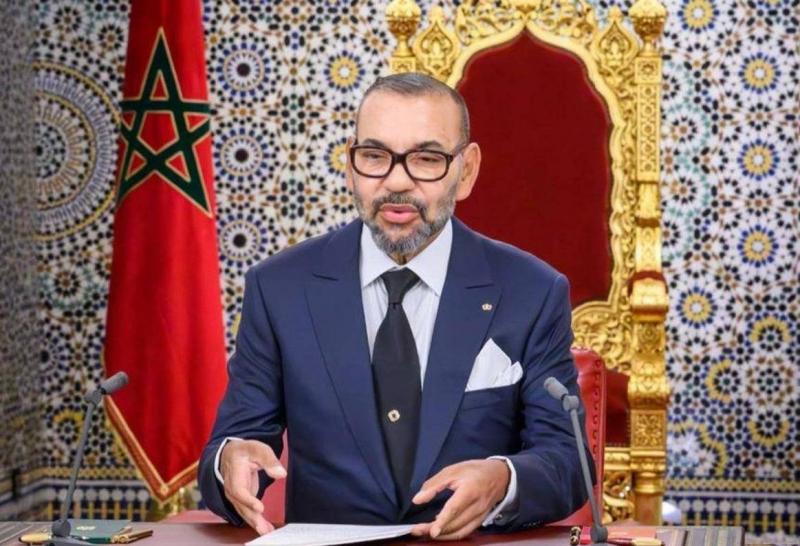Before King Mohammed VI, the "seven strategic directions for the state's contribution policy" were presented by Nadia Fettah, Minister of Economy and Finance, who framed the reform of the public institutions and enterprises sector in the context of implementing royal directives. She emphasized that this reform "aims to reshape the public portfolio and improve its management," in addition to "implementing reforms in several key sectors of the national economy to ensure an easy-to-access and high-quality public service and accelerate the preparation of the state's contribution policy."
According to the outcomes of the ministerial council held on Saturday in Casablanca, the state's contribution policy is one of the "cornerstones of the project to reform the public institutions and enterprises sector," a task entrusted to the national agency responsible for the strategic management of state contributions. This policy "reflects the strategic directions and general objectives of the state's contribution, its role in the governance of public institutions and enterprises, and the manner of implementing this policy."
After the opening speech of the first session of the fifth year of the tenth legislative term in October 2020, in which the king emphasized "the adoption of good governance principles and the reform of public sector institutions," Morocco seems ready to accelerate the pace of implementing the structured state contribution policy centered around seven strategic directions.
In detail, the state aims to "entrench the public institutions and enterprises sector as a strategic lever to enhance national sovereignty: by supporting state efforts in several vital sectors, particularly energy, health, water, food security, the environment, communication, and mobility." It will make this sector "a driver for continental and international integration."
The third direction of this policy is "adopting the public institutions and enterprises sector as a fundamental pillar to promote private investments (establishing voluntary partnerships with the private sector, within a framework of integration and enhancing the contribution of the private sector)," making these institutions "a factor stimulating a competitive economy and a means to share added value and enhance productive job opportunities."
The sector has been approved as "an active player in spatial justice, serving economic, social, financial, and digital integration," while granting it the status of "a responsible manager of resources, in line with sustainable development goals." The seventh direction pertains to "enhancing the exemplary role of the public institutions and enterprises sector in terms of governance and performance" through "establishing an active management of its portfolio and reinforcing its contributions or setting a policy for divesting some of them, aiming for optimal valuation of the material and immaterial assets of public institutions and enterprises and improving the efficiency of their performance."
### Significance and Implications of the Structure
Zine El-Din Abdel-Maghith, a professor of public finance and taxation at Moulay Ismail University in Meknes, explained that "structuring the state's contribution policy means reorganizing and planning how the state provides financial or non-financial support to various projects and institutions within a comprehensive and sustainable political framework." He indicated in his analysis for the Hespress newspaper that "this process aims to improve the effectiveness, efficiency, and effectiveness of public resource distribution to achieve sustainable development goals and social justice."
The structuring could include, according to Abdel-Maghith, who is a member of the Research Forum at the Ministry of Economy and Finance, "defining strategic objectives" through "establishing a clear vision and objectives for contributions that align with national economic and social development plans." The university professor specializing in public finance and taxation also confirmed that the approved structuring underscores "the development of eligibility criteria," which involve "determining specific conditions and criteria for providing contributions based on project needs and their capacity to achieve set objectives."
He continued to explain that "monitoring and evaluation procedures" entail "establishing mechanisms to measure the impact of contributions and ensure their proper and effective use," noting the necessity of "enhancing transparency and linking accountability to responsibility" through "ensuring the existence of control and accounting systems to avoid corruption and guarantee the optimal use of allocated resources."
Thus, the structuring of the contribution policy aims to achieve a fair and effective distribution of contributions that supports sustainable development and improves the overall performance of the state in providing support for various projects and initiatives, summarized the economic expert.




